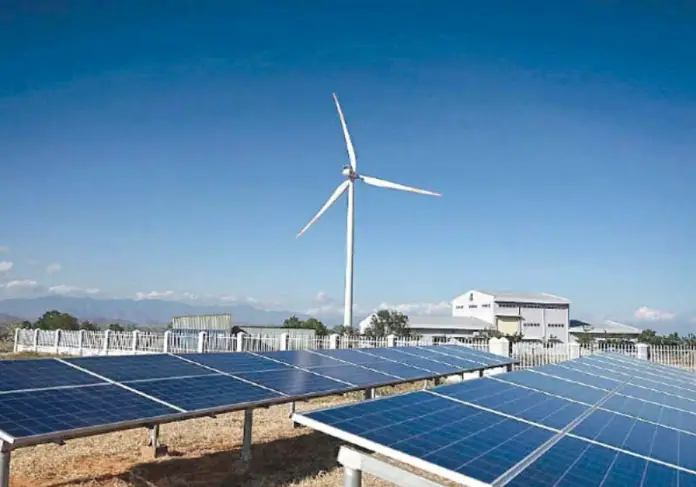As the Global South grapples with more frequent and severe climate-related disasters, Pakistan is no exception, facing catastrophic floods in 2022 due to increased precipitation and glacier melting from climate change.
While the government plays a critical role, private sector companies must step up as enablers to foster a greener Pakistan. The urgency is evident as the world witnessed heatwaves across Europe, water crises in the US, and devastating flooding in Pakistan, alongside hurricanes and tsunamis in other regions throughout 2022.
Recognizing the need for long-term sustainable practices, corporations are urged to integrate environmental conservation into their business strategies for future generations. This imperative was highlighted at the COP27 UN climate summit held in Egypt, where nearly 200 countries achieved a breakthrough consensus, aiming to reduce greenhouse gas emissions by almost 50% before 2030.
Pakistan’s power companies and stakeholders are taking action amid the economic crisis, focusing on utilizing indigenous resources to reduce reliance on costly fuel imports for electricity generation. Emphasis is placed on innovative solutions to boost the share of renewable energy sources, such as solar, wind, geothermal, hydropower, ocean energy, and bioenergy. For instance, one leading power generation company plans to add 1,182 MW of renewables, including 200 MW in wind, 900 MW in solar, and 82 MW in hydel.
These initiatives address the power crisis and contribute to achieving the country’s comprehensive 2030 agenda for sustainable development. Targets include increasing the annual growth rate of real GDP per capita to 5%, providing electricity access to 96% of the population, increasing manufacturing value added to 16% of GDP, raising the share of renewable energy consumption to 25%, and decreasing projected emissions by 50%. The plan also aims for a 30% increase in road electric vehicle usage.
The Integrated Generation Capacity Expansion Plan (IGCEP) 2021-30 has been designed to accommodate long-term load growth forecasts and reserve requirements, with a focus on utilizing indigenous and renewable energy sources, particularly hydro.
By creating a robust infrastructure based on renewable energy in the power sector, Pakistan aims to become greener and tackle looming climate catastrophes. Both public and private sector organizations are committed to playing their part in creating a better world for future generations, recognizing that addressing the energy crisis is crucial for sustaining day-to-day business operations and ensuring a brighter and sustainable future for the country and the planet.







